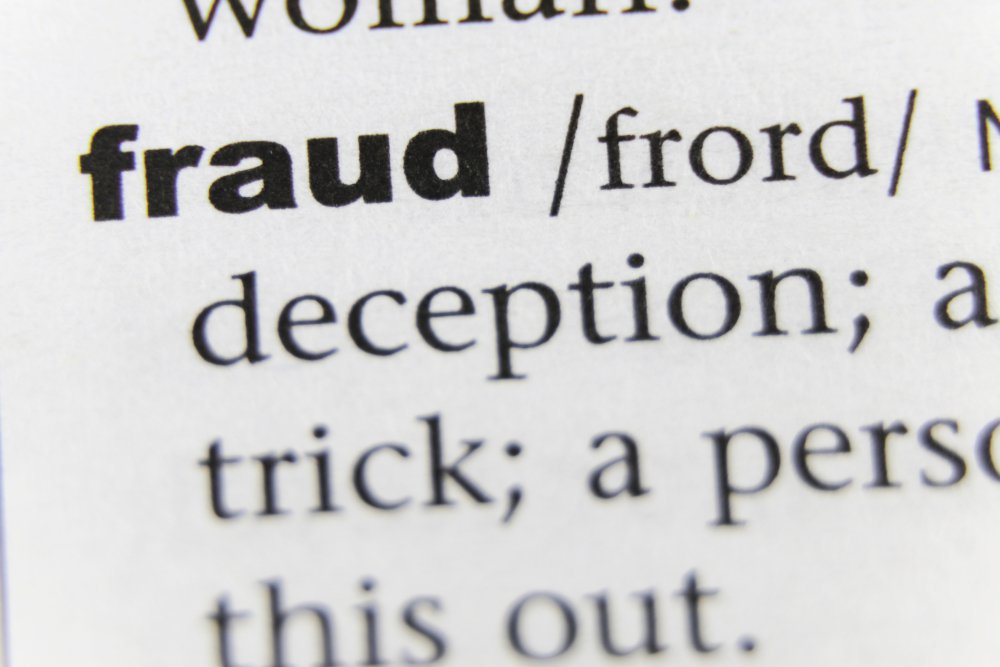{3:56 minutes to read} Rescission is a legal term which means to cancel, revoke, or repeal a law, order, or agreement.
If an insurance company rescinds your policy, they are, in effect, saying: “This policy never should have been issued. We are taking back the policy and will refund the premiums that you paid.”
When you apply for disability insurance you make representations to the insurance company. You do this by answering a host of questions presented to you on written application documents. The questions are designed to determine whether or not you are insurable and the cost of the premiums for that insurance. The insurance company is entitled to rely on the information. If that information is later determined to be incorrect, the insurance may be able to rescind the policy.
For example: If you provided information that you had not consulted a physician about a certain health issue, and the insurance company finds out that you had consulted a physician– that could provide a basis for them to rescind your policy.
Long-term Disability Insurance policies (as well as certain other insurance policies) contain a clause called the “incontestability clause.”
This provision makes it difficult for the insurer to rescind the policy for alleged misrepresentations after your insurance policy has been in effect, or in force, for two years. If the misrepresentation made by the insured was fraudulent, however, most policies allow the insurance company to seek to rescind the policy after two years, for as long as you have the policy.
The difference after the two-year period is that the insurance company then has to prove that you intended to misrepresent facts, and that they relied upon those facts to their detriment. In addition, they must prove that if the truth had been told by you, they would have issued you a different policy, or added a rider or exclusion, or charged you more money for the insurance you bought.
Here’s what you can do:
- Be very careful on your application: As the insured, you have to be very careful when applying for disability insurance. The health questions on these applications are often incredibly broad. You have to think about every question before you answer, because a mistake can cost you your entire policy and your claim.
- DO NOT sign a blank application or allow your broker to complete your application: Make sure you look at the application and answer every question — you do not want the coverage you are relying on to be called into question or taken away because your broker made a mistake.
- Be aware of the two-year mark: Remember that after two years, the insurance company has to prove that you intended to misrepresent facts. If you are about to make a claim a month before the end of the two-year period, try to put it off another month. This would put you in a much more secure position, where the insurer would have to decide or believe you committed fraud before they can seek to rescind your policy.
These are important considerations when you are applying for Long-term Disability Insurance. Be cautious and thoughtful when you fill out application documents.
Evan S. Schwartz
Founder of Schwartz, Conroy & Hack
833-824-5350
[email protected]


